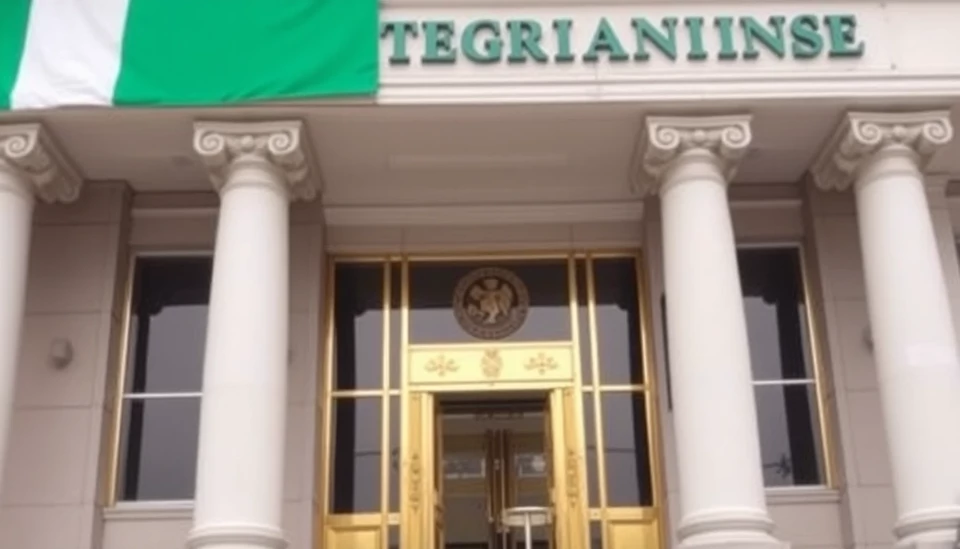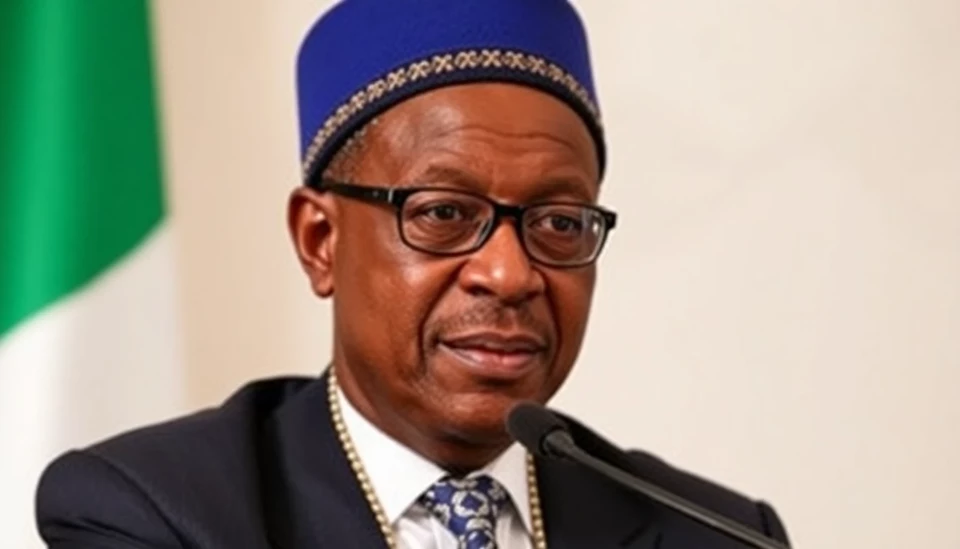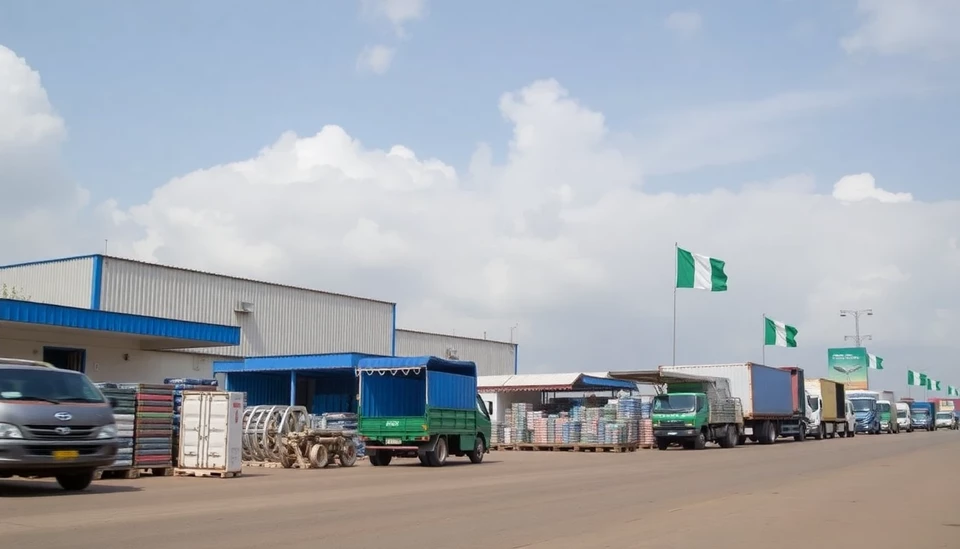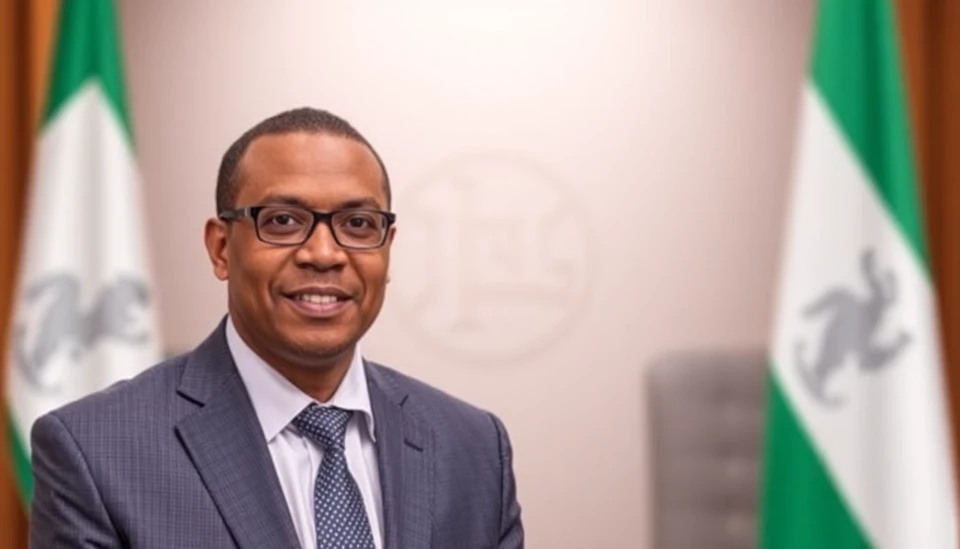
The Central Bank of Nigeria (CBN) has once again raised its benchmark interest rates in a decisive move aimed at tackling the country's soaring inflation, which has become a pressing concern for the economy. In its latest monetary policy meeting, the bank announced an increase of 100 basis points, bringing the benchmark interest rate to 20.5%. This marks the fourth rate hike this year, as authorities strive to stabilize prices amidst a challenging economic landscape.
This surge in interest rates is part of a broader strategy to rein in inflation, which has reached alarming heights. Recent statistics show that the inflation rate has escalated to over 23%, driven largely by rising food prices and disruptions in supply chains. The CBN's aggressive monetary tightening reflects its urgent response to persistent inflationary pressures that are straining households and businesses alike.
Governor of the Central Bank, Godwin Emefiele, expressed concern about the inflationary trends and their impact on the Nigerian economy. During the announcement, he underscored that the decision to increase the interest rate was made with careful consideration of the adverse effects of inflation on consumers' purchasing power. Emefiele emphasized the necessity for the CBN to maintain a firm stance on monetary policy to protect the economy from further destabilization.
Moreover, the Central Bank's recent moves come at a time when various sectors are grappling with the dual challenge of rising costs and reduced consumer spending. For many Nigerians, this situation is exacerbating the already significant economic hardships faced, leading to increased calls for government intervention and support to alleviate the pressures on ordinary citizens.
Financial analysts expect that these rate hikes could potentially lead to higher borrowing costs, impacting investments and house purchases. However, the CBN is adamant that this bold move is essential for reining in inflation long-term. As the Nigerian economy braces for these changes, stakeholders remain divided on the effectiveness of this approach, particularly given the complex interplay between inflation and economic growth.
The ongoing inflation crisis in Nigeria mirrors challenges faced by many countries worldwide, where central banks are navigating the tricky balance between curbing inflation and sustaining economic growth. As global economic conditions evolve, Nigeria's central bank will continue to monitor the situation closely, ready to adjust its strategies as necessary.
In conclusion, the Central Bank of Nigeria's decision to hike interest rates again not only highlights the urgency of addressing inflationary pressures but also sets a precedent for monetary policy amidst turbulent economic conditions. As consumers and businesses brace for the effects of these changes, the road ahead remains uncertain, underscoring the critical importance of effective economic governance in these trying times.
#Nigeria #CentralBank #InterestRates #Inflation #EconomicPolicy #FoodPrices #Investment #EconomicGrowth #MonetaryPolicy
Author: Daniel Foster




